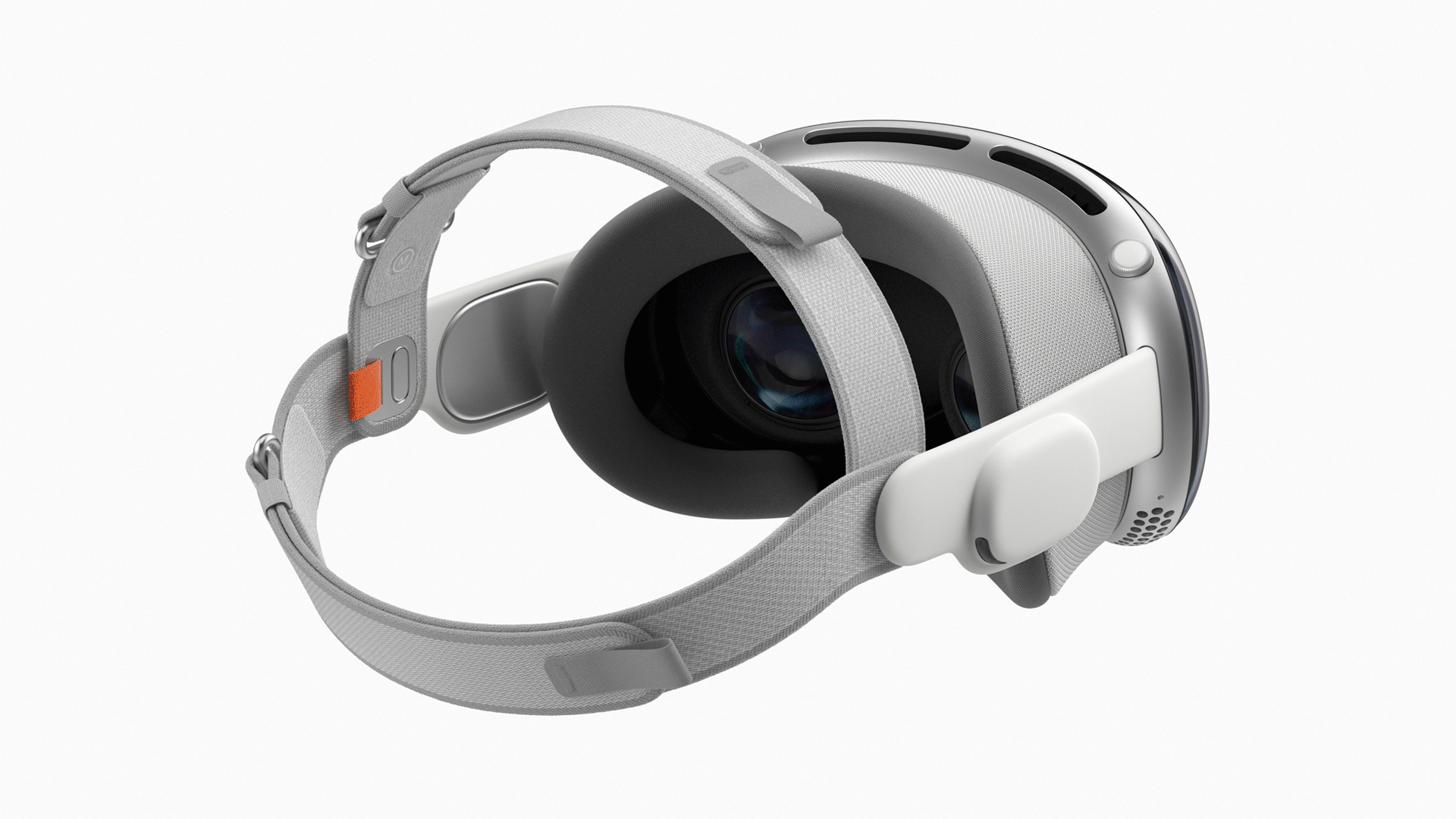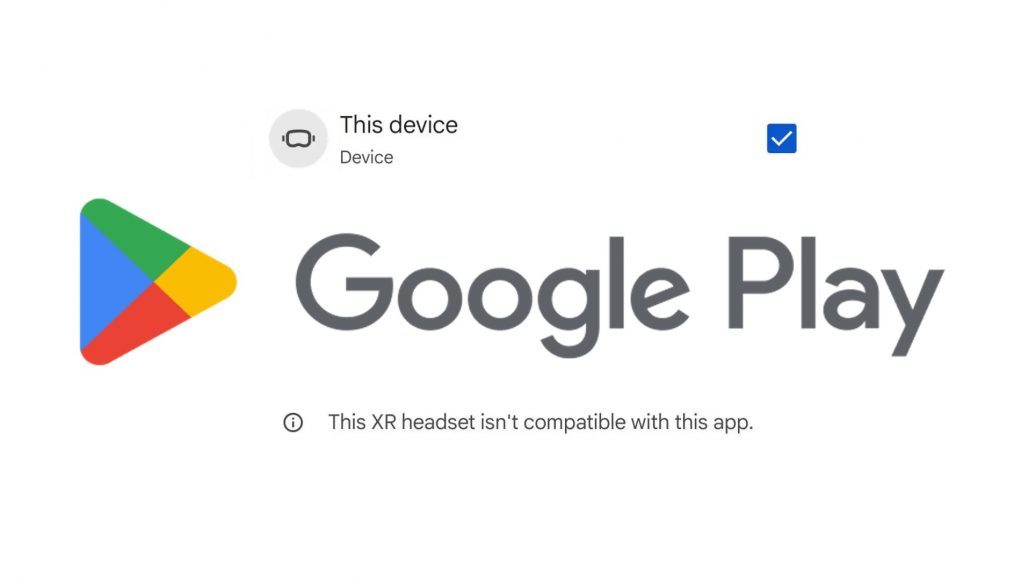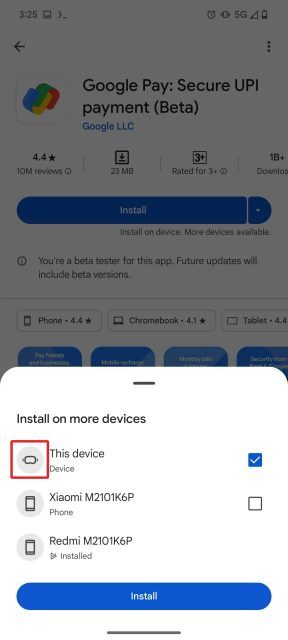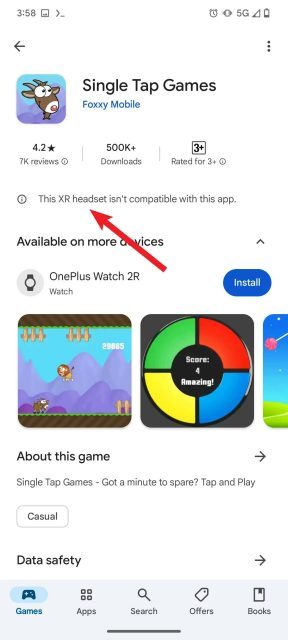Code discovered in a recent Google Play update indicates the company may soon roll out support for XR headsets on its Android app store, which would mark a decisive shift in the competitive landscape.
As reported by Android Authority, code in version 43.3.32-31 of the Google Play app contains mention of “XR headset,” including a new headset icon that ostensibly indicates whether an app works with the supported device.
Google has technically hosted XR games on Play in the form of Cardboard apps since 2014, which use Android smartphones as ad hoc VR displays—something that was big in kickstarting user interest in the early days of consumer VR, but not so much in the day of standalone headsets like Meta Quest 3 and Apple Vision Pro.
The addition of a dedicated section in the Play store and official device support however points to something bigger than Cardboard, or even its now-defunct Google Daydream platform, which the company abandoned in 2019.
So what’s spurred this renewed interest in XR? There are a few things, arguably the largest of which is the Google, Samsung and Qualcomm headset collaboration, which was announced in early 2023. Samsung is building the hardware, Qualcomm the chipset, and Google the Android-based XR operating system.
Although the companies have confirmed the headset will be announced (and possibly launched) by the end of this year, practically nothing is known about the XR collab. Industry rumors maintain Samsung initially delayed the device to better compete with high-end mixed reality headsets, such as Vision Pro.

Then there’s the recent report from The Information that claims Google and Samsung are looking to partner on a Ray-Ban Meta Smart Glasses competitor, which would be materially ‘easier’ to produce than a full-fledged XR headset, since the comparatively cheaper AI-centric smartglasses don’t include displays.
Still, such a device likely wouldn’t need such a close tie-in to the broader Android ecosystem like a potential Vision Pro competitor, which would likely trade on its ability to not only play XR games published on Google Play, but also run standard 2D apps too, like Vision Pro does with its millions of compatible iOS apps.
This follows revelations from earlier this year that Meta and Google held talks in effort to bring Android XR to Quest, however talks apparently stalled due to Google’s terms being too restrictive for the liking of Meta. In the meantime, Meta has been making overtures to Android developers to bring their apps directly to Quest in a bid to further flesh out Quest as a general computing platform.









